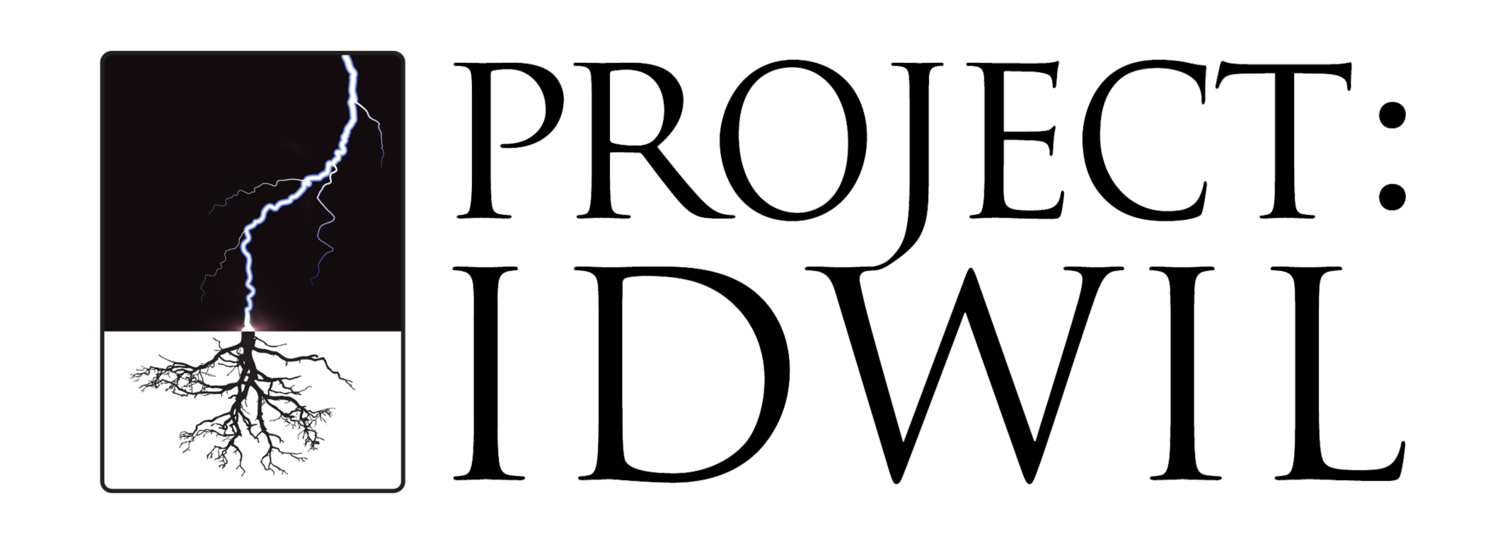Okay, so the title is maybe a bit extreme, but this post is about failure. More specifically, the recognition of failure when it happens and using it to grow. Today's IDWIL story about failure isn't drastic - it isn't in the realm of perseverance ("...pick your self up, dust yourself off, and start all over again..." a la Diana Krall). In this case, it is more like "you have to break some eggs in order to make an omelette."
The Event:
A few weeks ago, I was one of 75 speakers at a local (Webster Groves, MO) high school's Career Day. This was one of my initial checklist items when I was first developing the idea of Project:IDWIL, which is all about helping people figure out their answers to the age-old question of "what do I want to be when I grow up?" Here is a photo I took of many of the speakers prior to speaking with students.
The event was great. The students are given the opportunity to rearrange their normal schedules for the one morning. Those who are interested in a specific topic can go find out more about it. How cool is that?
One of the obstacles I have been trying to solve is: If I am asked to come speak at a school as a graphic designer, more than likely it would be as a guest of an art teacher. That is an issue because I, for example, didn't take art classes in high school. However, I obviously would have benefitted from listening to a guest speaker on graphic design.
This career day format helps resolve this - not only were students there on purpose, but because of the mix, I was able to speak to freshman through seniors alike. The presentation went pretty well. I broke it into 3 basic parts: 1) Graphic Design career overview, 2) My personal stories to explain why I love graphic design (hopefully to give them relatable experiences) and 3) Regardless of whether you become a graphic designer, I want you to take the extra time to figure out what 'clicks' with you (by assessing your core values, what you are adept at, and what your goals are). It went pretty well, so this is not the failure part I alluded to earlier.
The Failure Part:
So, in the weeks leading up to the WGHS Career Day, I posed a question to the organizer.
Would there be a way to record the speakers? If so, I could edit the videos and we could hang them on the WGHS web site - thus making the presentations available to all students - now and in the future.
The school was interested and had me draft a letter to be forwarded to the rest of the speakers to see if anyone would be interested in being taped. I made it clear that although this mainly benefitted the school, and that the speakers could use the videos as they needed, I would use the opportunity to find potential IDWIL web site speakers. Win-win-win! At the time, I didn't realize 1) the number of speakers, which affected my 2) number of video cameras, and 3) the layout of the school and logistics required. Nonetheless, I gave it a shot. In the end, I got maybe 1 or 2 recordings that are even worth trying to edit. Granted, this is not a "failure" in that it is this big catastrophic thing. It was merely a result of ignorance and insufficient planning.
And this is not only important, it is my point.
This blog is not the first time you have read or listened to someone like Seth Godin or David Wood or any number of personal development bloggers say that you have to be willing to fail/feel pain in order to grow/innovate, so why is this one different? Well, I am here to tell you that the word failure is loaded. It's not that big of a deal, everyone. It's not necessarily 'less' either - it just is what it is. It means that 'it didn't work, so learn from that, try to make it work next time.' Here's a similar word: "disease" - it creates all kinds of images in your head - sickness, microscope images of germs multiplying at an alarming rate, side effects that sick people display, etc. Now stop. Break the word down. "Dis-" and "ease." So basically, something is "not right." Technically speaking, an eyelash in your eye is as much of a 'dis-ease' as cancer. Obviously, there is a spectrum in there, but the point is when thinking of the word failure (and dealing with it), keep yourself in check. Don't let a little failure hamper you the same way that a big one might.


